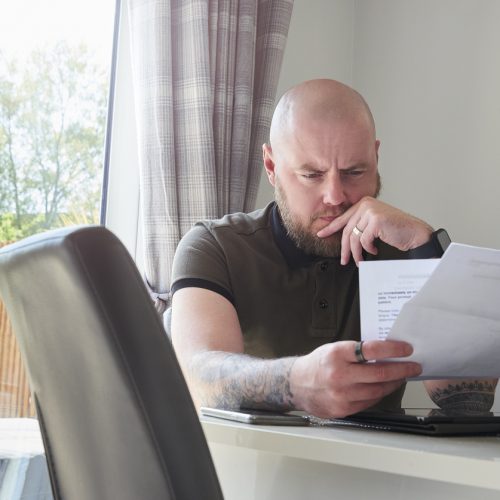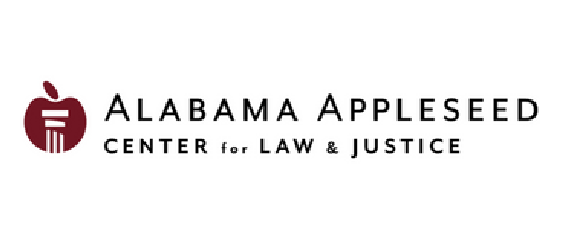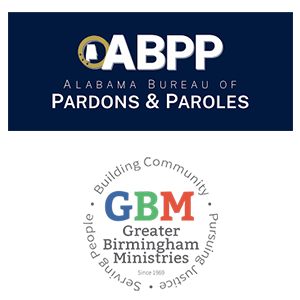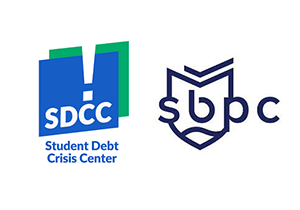
Collaborative
Policy innovation plays a critical role in advancing financial health, complementing private and nonprofit financial health solutions to drive change faster at scale. The Financial Solutions Lab Collaborative program engaged cross-sector stakeholders to dig deep into unmet financial health needs, especially those facing individuals with low to moderate incomes and Black and Latine communities, and then test policy interventions to address those needs. Its goal was to identify solutions that eliminate structural barriers to the financial well-being of families with low incomes.
While the Financial Solutions Lab concluded in 2022, the Financial Health Network continues to work with a variety of partners to push for policy solutions that improve financial outcomes for all. Reach out to us to explore ways to identify and address the financial health needs of the communities you serve.
Past Collaborative Sprints
Helping Returning Citizens Access Financial Services
Those involved with the criminal justice system face more barriers to financial health, as they are more likely to not have a bank account. Our research found that the lack of access to a valid ID was a foundational barrier for individuals who were unable to open bank accounts post-incarceration. The 2022 Collaborative program worked with Alabama stakeholders to develop a manual, training, and pilot programs that would help inform policymakers and advocates across the country who are improving the financial health of justice-involved individuals.
Read our brief to learn about the successes and challenges that Collaborative grantees faced, as well as recommendations for ecosystem stakeholders on how they can empower returning citizens to achieve financial health.

2022 Collaborative Participants





Providing Relief to Unemployed Individuals With Student Loans
When extended unemployment benefits and student loan forbearance were coming to an end in 2020 and 2021, unemployed Americans with student loan debt faced even more serious risks to their financial health. The 2020 Collaborative program focused on finding a solution through a data-driven pilot program that identified consumer pain points, mapped collaboration opportunities, and reached out to vulnerable borrowers to inform them of income-driven repayment plans.
2020 Collaborative Participants
